Photo Essay: Thousands march against gender-based violence in Latin America
The region has the highest rates of violence against women and femicides in the world
On November 25, thousands of women across Latin America and the Caribbean took to the streets to raise their voices up against gender-based violence in commemoration of International Day for the Elimination of Violence Against Women.
The region has the highest rates of violence against women and the highest femicide rates in the world.
Our intrepid correspondent Daniela Diaz attended marches in Bogotá, Colombia, one of hundreds of such demonstrations across Latin America that have made ending the deadly trend a priority in a region where violent actors are often treated with impunity rather than prosecution.
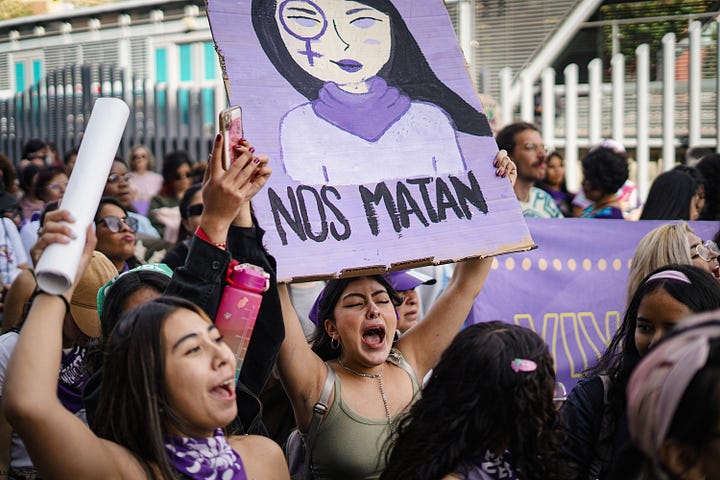
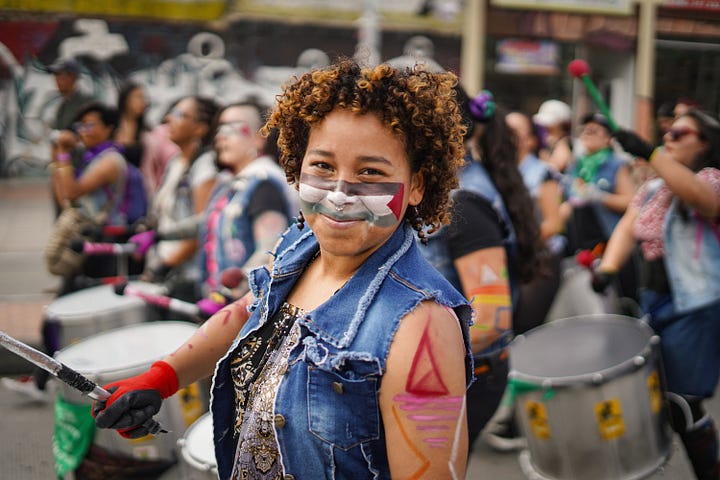

“The scourge of gender-based violence continues to inflict pain and injustice on too many,” US President Joe Biden said in a statement on November 25.
“An estimated one in three women globally will experience physical violence, rape, or stalking at some point in their lifetimes. It’s an outrage.”
“Particularly in areas of conflict, countless women and girls suffer at the hands of perpetrators who commit gender-based violence and use rape as a weapon of war.”

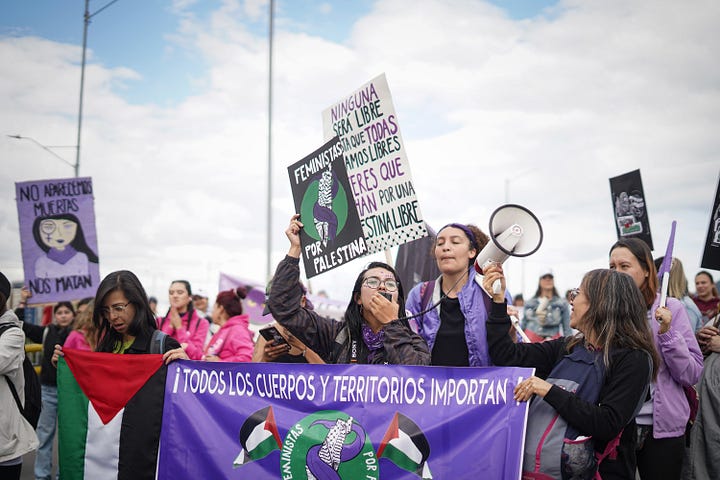
The ongoing conflict in Colombia has exacerbated violence and homicides against women, which have an astonishing impunity rate of more than 90%.
The recently published Final Report by Colombia’s Truth Commission (Comisión de la Verdad) investigated the impact of the country’s conflict on Colombian society. One chapter, titled “My Body is the Truth,” shared the experiences of 10,864 women and 408 LGBTQI+ persons that were victims of the armed conflict, explaining why these events occurred and how these communities resisted. To date, more than 4.6 million women and more than 4,400 members of the LGBTQI+ community have been affected by the armed conflict, according to the victims registry.
One of the Truth Commission’s main findings was that disputes between armed actors had a disproportionate impact on women. Controlling women’s lives and bodies has been used as a way to appropriate territories, tear apart the social fabric, and control communities.



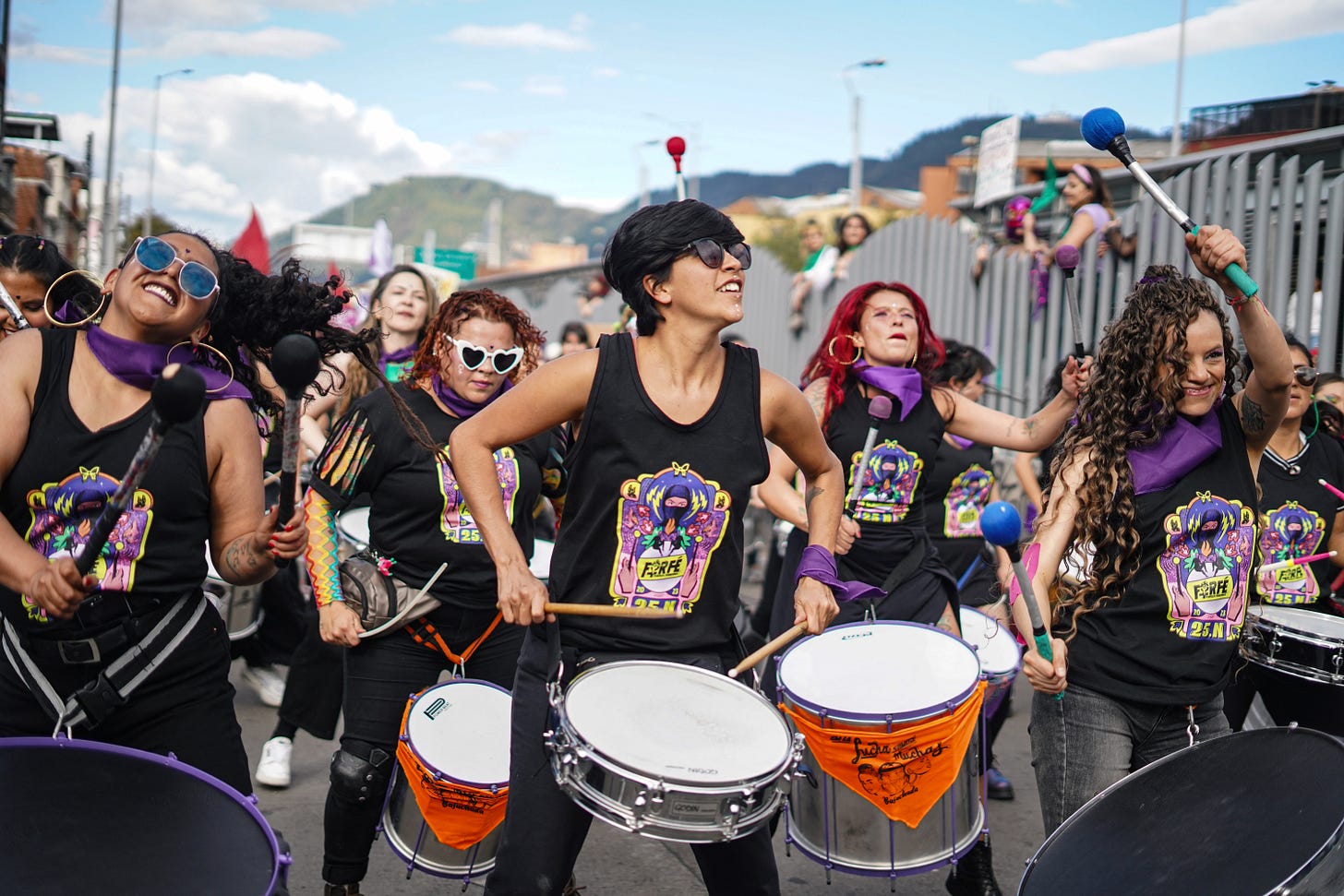
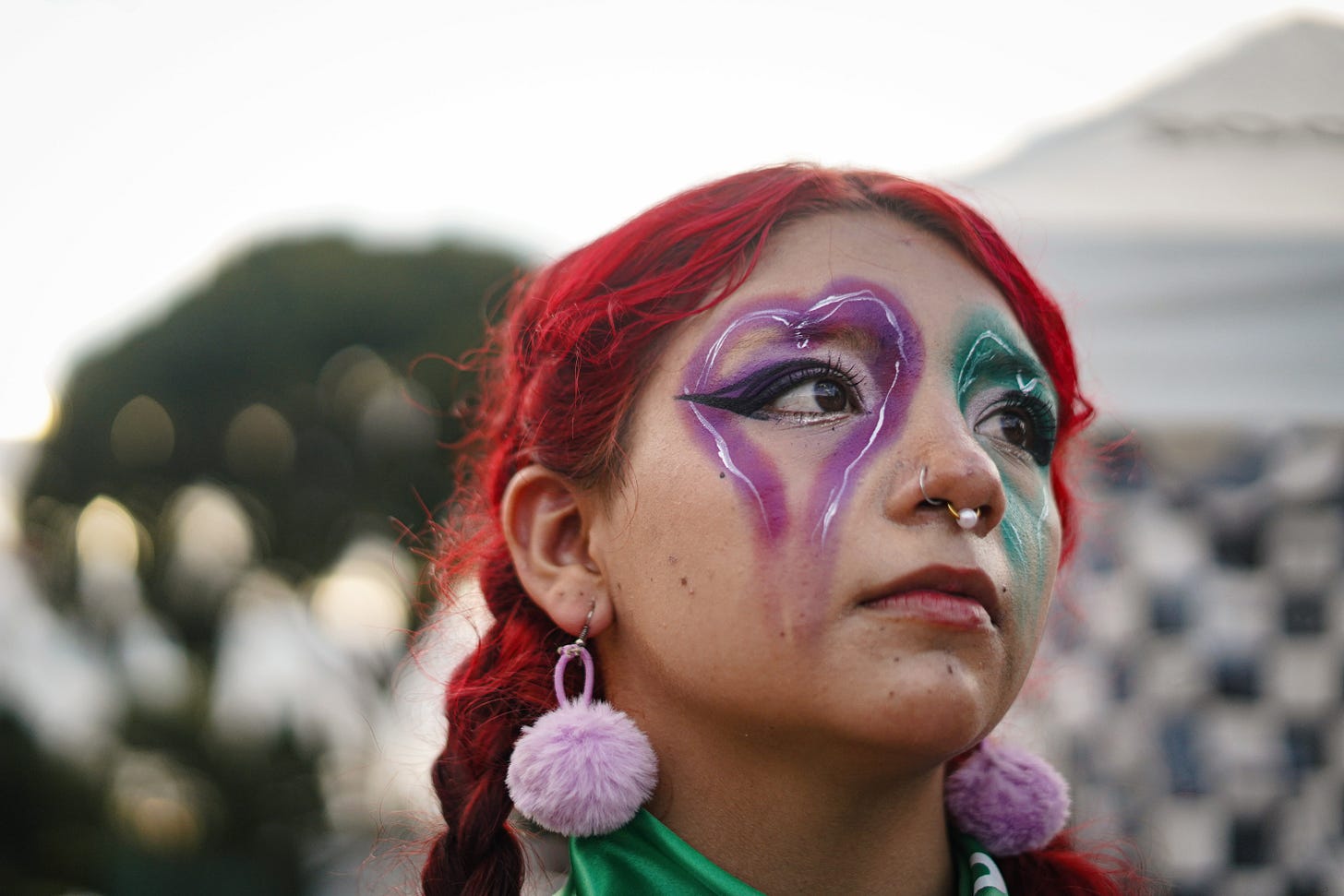
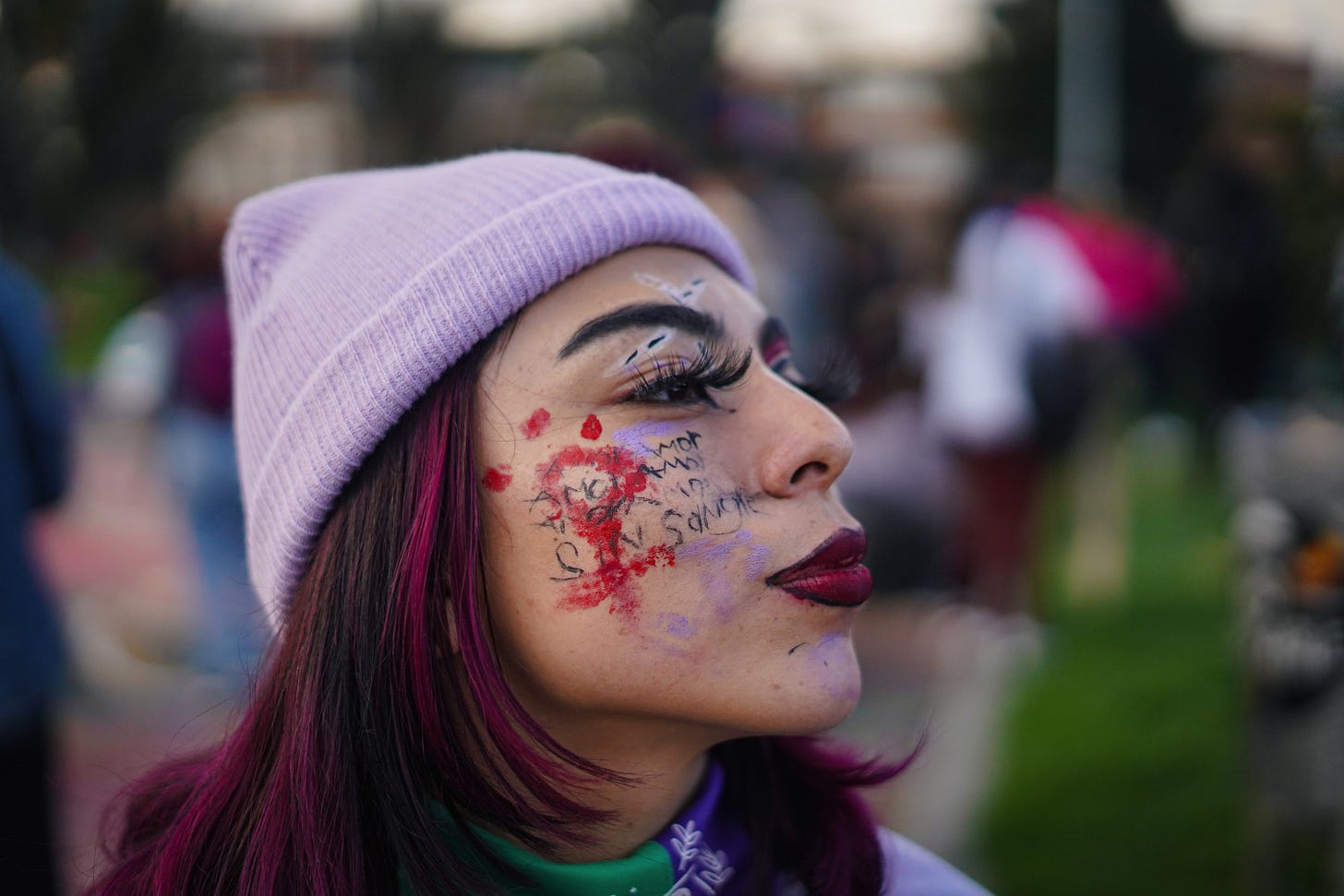

My impression from afar of Uruguay is that its a civilised country so I was disappointed to see that their women are treated badly. I looked up the world list of infamy to discover that my country's femicide rate is triple theirs. However, that doesn't surprise me.
https://worldpopulationreview.com/country-rankings/femicide-rates-by-country